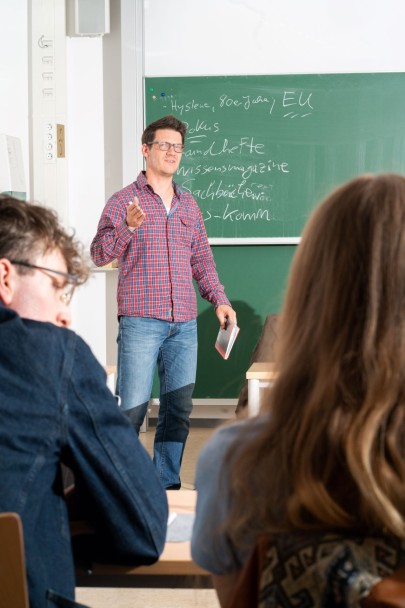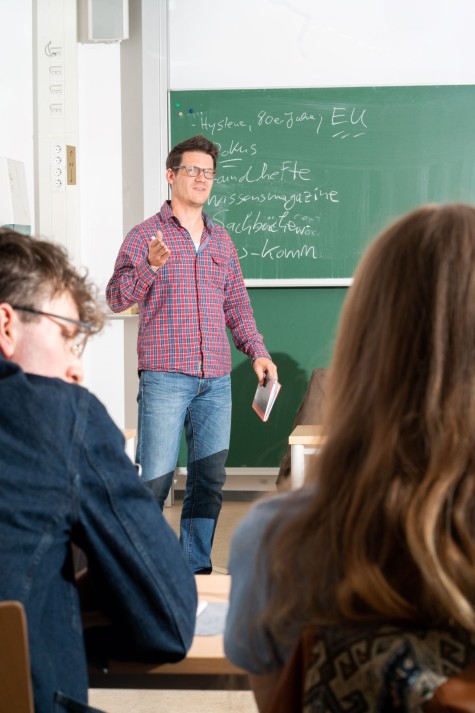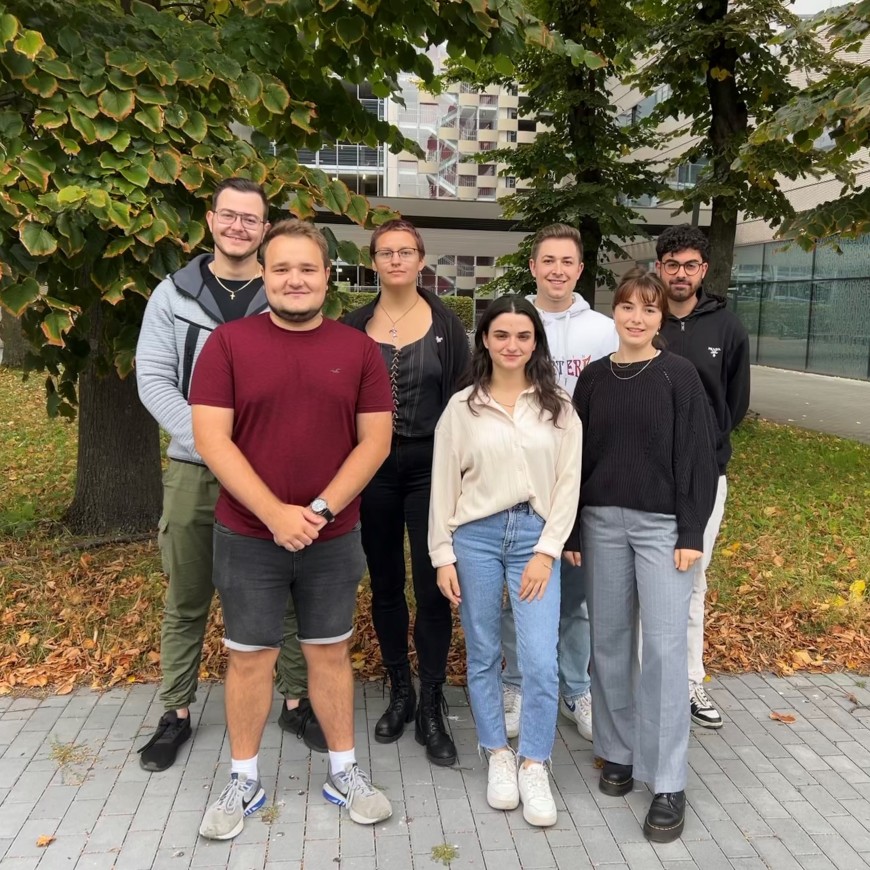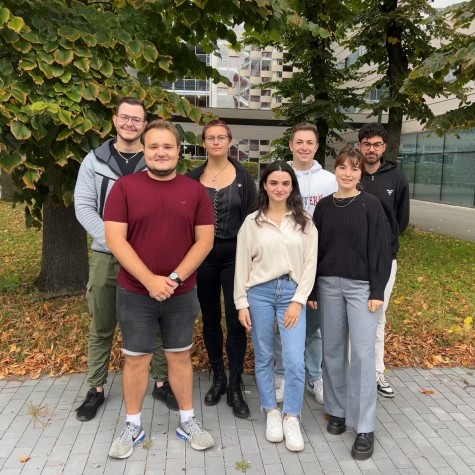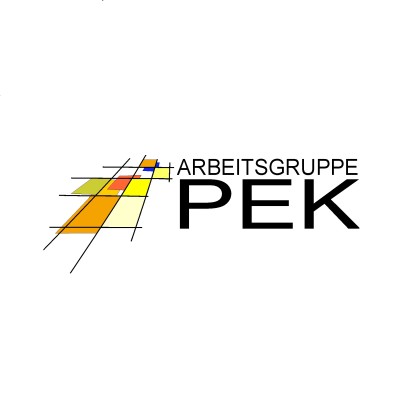Entry into Studies
Due to interesting course concepts with flexible teaching methods, a practical project reference and early insights into study contents as well as the professional field and a tutorial-supported teamwork, the students are encouraged to perform at a high level. In addition, the events serve to ensure the success of the studies, as a broad technical overview is created at the beginning of the studies and the study orientation is facilitated.
Student counseling
The AG PEK is also responsible for student counseling in the Department of Civil and Environmental Engineering. Due to the direct and personal contact of the staff of the AG PEK to the students from the very beginning, the student counseling can contribute to a successful study at an early stage. The AG PEK sees itself as the first point of contact for students at Department 13 with questions about their studies.
The Team
The AG PEK is composed of scientific staff from different disciplines of civil engineering, geodesy and environmental engineering. While a professional anchoring at the participating institutes and disciplines ensures the possibility of doctoral studies, the tasks within the working group are of a very different nature. These lie primarily in the organization, implementation and further development of the courses GPEK (Fundamentals of Planning, Design and Construction) in the Bachelor and the courses IPBU (Interdisciplinary Project Building and Environment) developed for the Master programs.
History of the AG PEK
1974
Implementation of the pilot project “Introduction of a basic study reform for civil engineers through occupational field research and development of a new study component” at the Technical University of Darmstadt and development of the course PEK (Planning Design and Construction).
1975
The PEK working group moves into the “PEK-Haus” in Ploenniesstraße (city center).
1979
PEK becomes a regular course in the elective program of the civil engineering program.
1982
Two permanent PEK positions for research assistants (WiMi) are established. In coordination with two professors responsible for the PEK working group, they prepare and conduct the course and take on the task of study counseling in the department.
1984
PEK becomes a compulsory course as part of the basic studies in civil engineering and is obligatory for students in the first or second semester, whereby the contents in the first semester (career exploration) differ from those in the second semester (project planning game).
1989
The PEK course is singled out as exemplary by the Conference of Ministers of Education and Cultural Affairs in the “Framework Regulations for the Diploma Examination in Civil Engineering” and recommended for implementation at other universities.
1999
25th anniversary of the PEK working group.
2004
As part of the introduction of the Bachelor's and Master's degree programs, the PEK and GPE (Fundamentals of Planning and Design) courses of the basic civil engineering program are merged to form the GPEK I and GPEK II courses for the Bachelor's degree program. The IPBU (Interdisciplinary Civil Engineering Project) course is introduced as a counterpart to GPEK in the master's program. Move from Ploenniesstraße to the new civil engineering building on Lichtwiese.
2007
Last enrollment in the civil engineering diploma program. The PEK working group takes over the subject-related admission procedure in the master's program. Personnel expansion of the WiMi positions to a total of three positions for research assistants.
2008
New courses in environmental engineering are introduced. Further development or addition of existing courses on GPUI (Fundamentals of Project Work for Environmental Engineers) and IPUI (Interdisciplinary Project Environmental Engineering).
2009
35th anniversary of the PEK working group. Due to the increasing number of students as well as the assumption of further tasks of the department, personnel expansion of the WG PEK to a total of four positions for research assistants.
2010
Number of participants in GPEK I in WS 2010/2011: 780 students. Number of student tutors to be supervised: approx. 30 tutors.
2011
Introduction of an admission restriction for the Bachelor's programs in Civil Engineering and Geodesy to 300 study places and Environmental Engineering to 200 study places (+ approx. 80 industrial engineering students specializing in Civil Engineering).
2012
Start of cooperation with Department 3 Human Sciences within the framework of KIVA for the course GPEK I in the winter semester.
2012
On November 7, the Planning, Design and Construction working group was awarded the “Athene Prize for Good Teaching – Special Prize Study Projects” by the Carlo and Karin Giersch Foundation. The PEK working group received the award for exceptional performance and commitment to project studies in the first two semesters. The successful conception of the event has been adapted to the extremely increased student numbers in recent years.
2014
The AG PEK celebrates its 40th anniversary.


